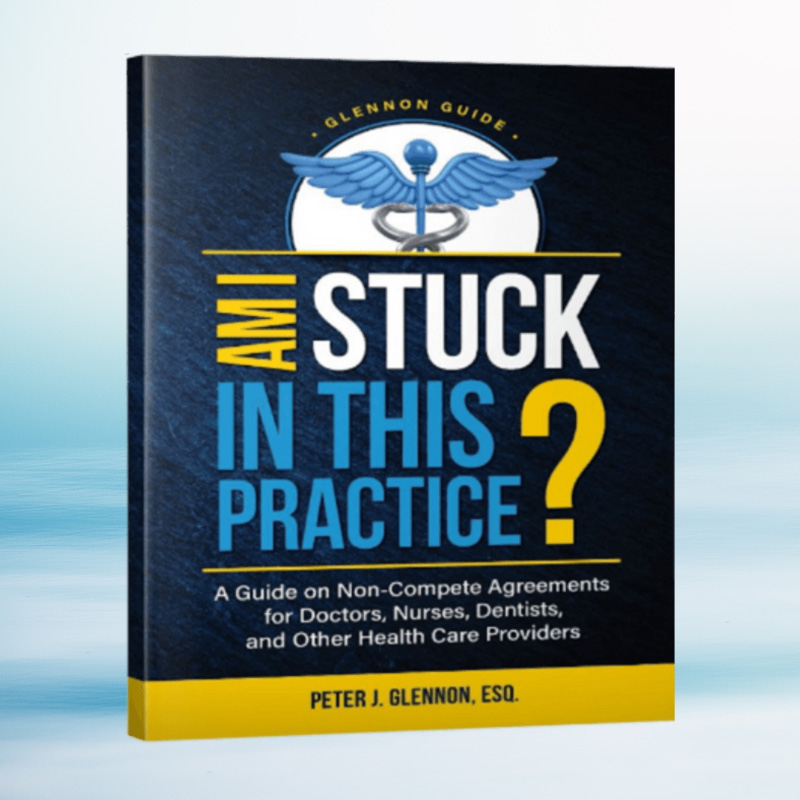
The Child Victims Act in New York State
Hilton Central School & Northwood Elementary School
Child sexual abuse is a traumatic and devastating experience that can have long-lasting effects on the victim and their loved ones. Victims of child sexual abuse may feel a range of emotions such as fear, shame, guilt, and anger. They may also experience physical symptoms such as anxiety, depression, and post-traumatic stress disorder.
Families of child sexual abuse victims may also suffer from the trauma of the abuse, as well as the emotional and financial toll of supporting their loved one through the healing process. They may also feel anger and frustration towards the perpetrator, and may struggle with feelings of guilt and responsibility.
Victims of child sexual abuse and their families need support, understanding, and validation. They need access to counseling and therapy to help them process their emotions and trauma. They also need legal support to navigate the legal process and hold the perpetrator accountable for their actions.
New York Child Victims Act
In a lawsuit, including claims under New York’s Child Victims Act, victims of child sexual abuse may be able to win damages for their physical and emotional suffering, as well as for any financial losses they have suffered as a result of the abuse. This may include compensation for medical expenses, lost income, and therapy costs. In some cases, victims may also be able to win punitive damages, which are intended to punish the perpetrator and deter future abuse.
It is important to note that the rights of victims and their families vary by state and it is important to seek legal advice to understand the rights and options in your state.
The Child Victims Act in New York state, for example, expands the statute of limitations for criminal and civil cases involving child sexual abuse, and also creates a one-year "lookback" window, allowing survivors to file civil lawsuits against their abusers regardless of when the abuse occurred. The expanded statute of limitations for criminal cases means that survivors now have until the age of 28 to file criminal charges against their abuser, and until the age of 55 to file civil lawsuits. Additionally, the one-year "lookback" window means that any survivor, regardless of when the abuse occurred, can file a civil lawsuit against their abuser during the one-year period.
The Child Victims Act also includes provisions to protect the rights of survivors during the legal process, such as the ability to file a lawsuit anonymously and the ability to request an order of protection during the litigation.

Stay In The Know
See Related Legalities and Realities® Blog Posts


A Guide on Non-Compete Agreements for Doctors, Nurses, Dentists, and Other Health Care Providers and how YOU Can Use This Guide To Make Sure You Have The Freedom When It Comes To Your Career





